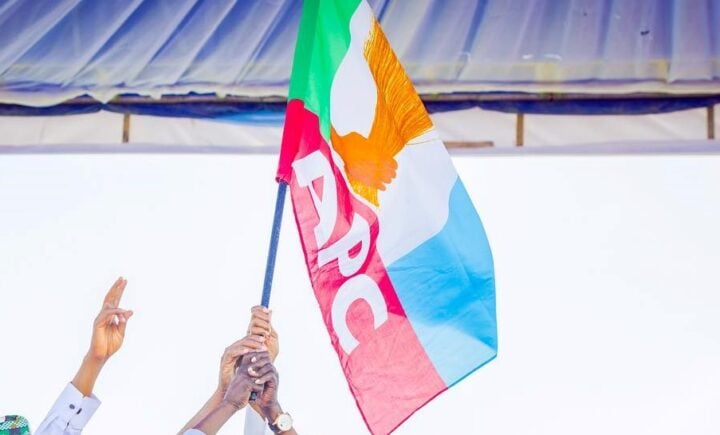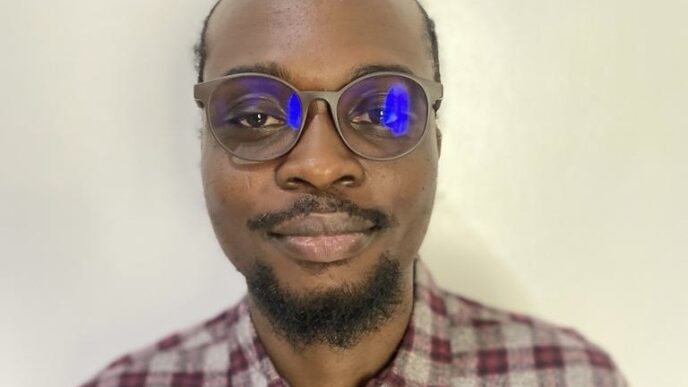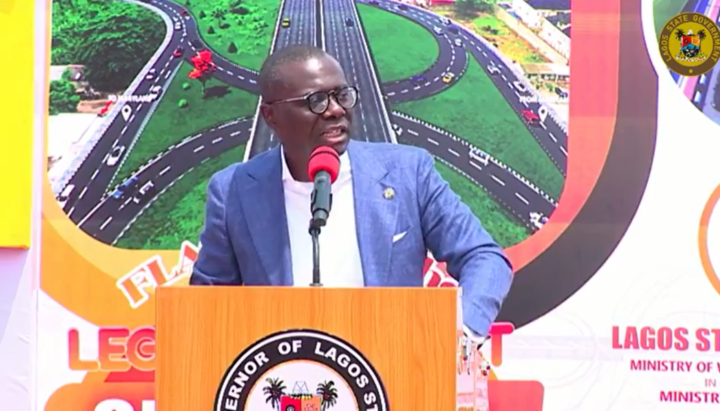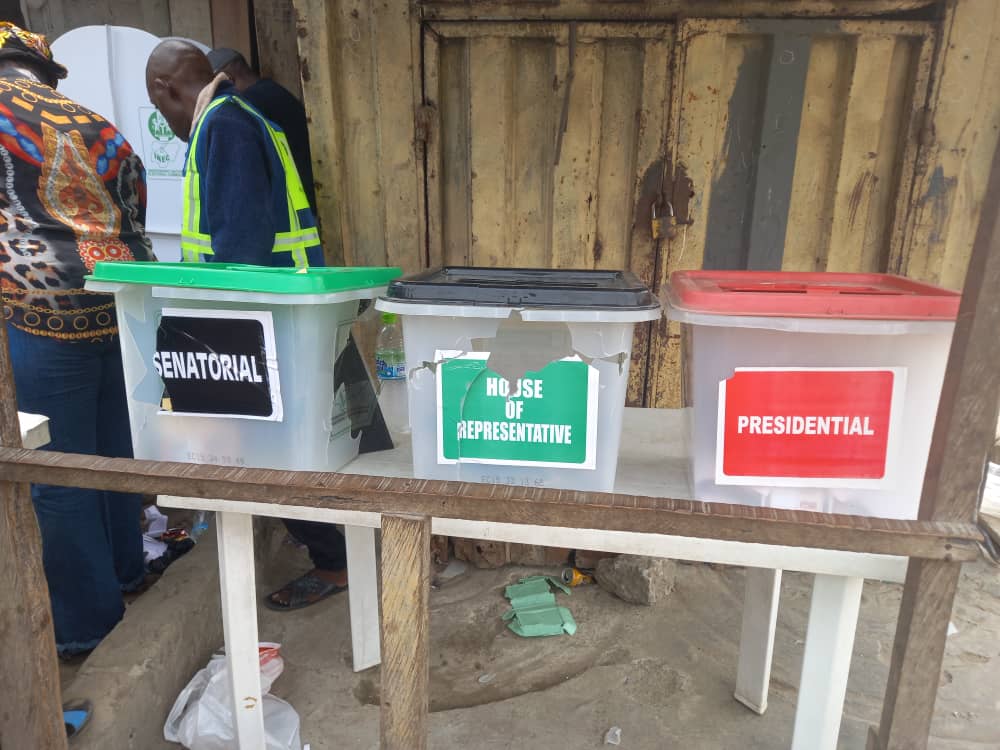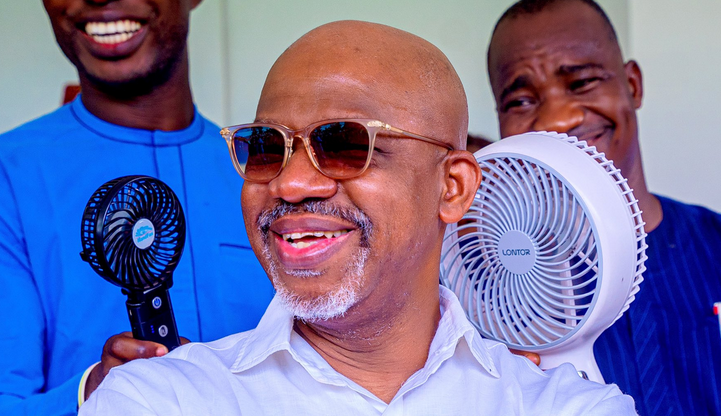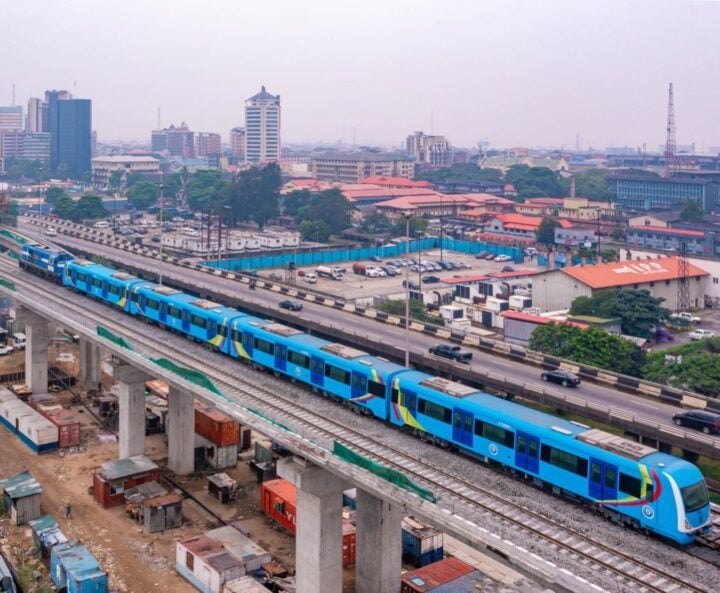BY VICTOR TERHEMBA
The February 25 presidential election has come and gone, leaving in its trail seething anger and despair among a majority of Nigerians, court cases, and fatal bruises on the credibility of INEC and the elections in general. Even though a president-elect has been announced, the major opposition parties, the Labour Party (LP) and the Peoples Democratic Party (PDP) have headed to the court to challenge the outcome of the election believing that they were unfairly schemed out of the election by the ruling party, APC and its agents. Before the hubris and dust raised by the polls settle, I would like to ruminate and reflect on some of the things that happened in the build-up to the election.
Those who know me and anyone who cared to ask knew that my preferred candidate in the presidential election was Atiku Abubakar of the PDP and my choice for Atiku was predicated on the simple fact that I believed he was the only candidate that showed he understood the problems of Nigeria and, in my opinion, had the best solutions to these problems. I will talk about these later. At almost every point and conversation, the revelation of my choice for Atiku was met with squeezed faces and distorted noses. Some people were flabbergasted that I would choose to support Atiku Abubakar. Then they proceed to interrogate my choice, not objectively though, with a fury of questions such as: “why would a young man like you be supporting an old man like Atiku?, How much are they paying you? What did they promise you? Why would an intelligent and brilliant young man like you support Atiku when it is time for the youths to take back their country?” etc. Someone even said to me that: “how can any sensible youth be supporting Atiku when Obi is in the race?” This was a euphemism to say I was senseless. Someone I was not familiar with once said I was not a genuine Christian if I were not voting for a Christian candidate after eight years of Muslim rule. When they found that I was neither Fulani (or Hausa) nor a Muslim, so they could not accuse me of religious or ethnic bias, they concluded that I must be doing so because of personal gains. What a primitive way of thinking!
The most intriguing thing for me was that not even one of the people who attacked my choice of candidate ever referenced any part of their candidate’s policy document to support their arguments why they supported that candidate. They could not reference their candidate’s manifesto because they did know not what was in the manifesto; they never cared to read it. The substance of their support was based on other reasons mostly fuelled by primordial sentiments. For those who cared to listen, even though I knew it would not convince them, I explained, more like I defended my choice for Atiku. Even though I was berated, harassed, and bullied for my choice, I remained unfazed.
Advertisement
So why did I pitch my supper with Atiku? In the build-up to the 2019 elections, it was almost unanimous that Nigeria needed restructuring in order to address the pressing challenges bedevilling us as a country. Four years later, these challenges are still visible and have metastasized. If Nigerians believed and agreed that restructuring was the solution at that time, it is still the solution now. The solutions to a problem do not change over time or by who becomes the president or governor. The problems of Nigeria are fundamental and structural which is why Atiku’s proposal to restructure the country appeals to me because restructuring would address a lot of our challenges.
Atiku’s proposal for restructuring Nigeria in 2023 is similar to his 2019 proposal, but with some modifications. The proposal includes the devolution of powers to the states, giving them greater autonomy and control over their resources and revenue, allowing them to address their unique challenges and opportunities. The federal government would be responsible for only a few key areas such as defence, foreign affairs, and macroeconomic policy, while the states would be responsible for providing services such as education, healthcare, and infrastructure. Under Atiku’s proposal, there would be a new revenue-sharing formula between the federal government and the states. The current formula, which allocates a larger share of revenue to the federal government is seen as unfair and creates a disincentive for states to generate revenue. Atiku’s manifesto proposed a new formula that would allocate a larger share of revenue to the states, allowing them to invest in their development and reduce their dependence on federal allocation.
Another important aspect of Atiku’s restructuring plans is the facilitation of local government autonomy to give them greater responsibilities. Part of Atiku’s restructuring plans includes the devolution of more powers to the states to give them more responsibilities and greater resource control over their mines and natural resources. The plan also proposed initiating a constitutional amendment that would allow states who are willing and capable to establish their own police force to enhance community policing. Even though some of his opponents have argued that the proposal could lead to the fragmentation of Nigeria and the creation of more divisions between the regions, it remains the practical solution in which greater autonomy for the states could lead to more effective governance and better service delivery.
Advertisement
In various conversations, Nigerians have criticised the federal government while paying less attention to the state governments, state legislature, and local governments. The obvious reason for this is the over-concentration of power at the federal level. The LGs have little impact on the lives of the people. Restructuring, in the manner proposed by Atiku, would have remedied this situation by shedding off more powers and responsibilities to both the state and local governments.
Beyond restructuring, I appreciated Atiku’s proposal for a private sector-driven economy that would have facilitated the creation of jobs and the growth of the economy. I have always believed that for the economic growth of any country, its economy must be spearheaded by the private sector while the government provides a conducive and enabling environment for businesses to prosper, provides a social welfare safety net that caters for and protects the vulnerable, and provides the regulatory frameworks that ensure that there is fair competition. Even though there are concerns that this is a capitalist idea that would lead to the exploitation of Nigerian workers, a responsible government would ensure that the workers are protected with stronger labour laws and their implementation.
The top economies of the world all practice capitalism in one form or another. As a matter of fact, no economy in the world grew without embarrassing capitalism. During the “Great Leap Forward” in the intense socialist economic policy of Mao Zedong in China, Chinese leaders had to agree to bring the policy to an end in 1952 not only because it failed, but it also reportedly caused the Chinese millions of lives. The Chinese economy only witness a real leap forward after it decided to embrace capitalism under the leadership of Deng Xiaoping. This is the reality. The only way we can solve our high unemployment rate of 33.3% and lift over 100 million Nigerians out of abject poverty is for the economy to be private-sector driven. Part of Atiku’s economic policies was the privatisation of some state-owned enterprises including the national refineries. While his opponents ignorantly argued that he is planning to sell the nation’s assets to his friends, I wonder if the current state of the refineries benefits Nigeria in any way. We must understand that functional refineries mean more jobs and prosperity for many Nigerians. Not to mention that this would solve the perennial and acute fuel scarcity we experience frequently.
During the election period, I heard the most bizarre and ridiculous things that got brains draining and exasperating as well. I also realised that no matter the level of education and exposure of the average Nigerian, they are mostly driven by emotions, sentiments, and biases than logic; and that many Nigerians largely identify along their ethnic and tribal lines than as Nigerians. The elections exposed the dearth of political illiteracy and Nigeria’s history among the citizens.
Advertisement
One final takeaway is that voting demography is changing rapidly and, therefore, issues are also changing. Technology and social media have contributed largely to the disruption of the political space as witnessed recently. This means that the politicians will also have to adopt the changing dynamics of the voter demography and issues. I also realised that even the youths are not ready for Nigeria which they clamour for. The youths are engaging in ethnic and religious divisive politics and propaganda, repeating the same mistakes made by the older generations that we want to replace. The youths are, brazenly and unapologetically, deploying the same tactics and antics of the so-called older generations of religious supremacy and ethnic chauvinism. While the reader might be quick to point fingers at “Obidients” do not forget those who called their fellow kinsmen “omo ale” and “alatenuje” for not supporting a particular candidate.
Terhemba writes from Abuja. He can be reached via [email protected] or via Twitter @Victor_Terhemba
Views expressed by contributors are strictly personal and not of TheCable.

